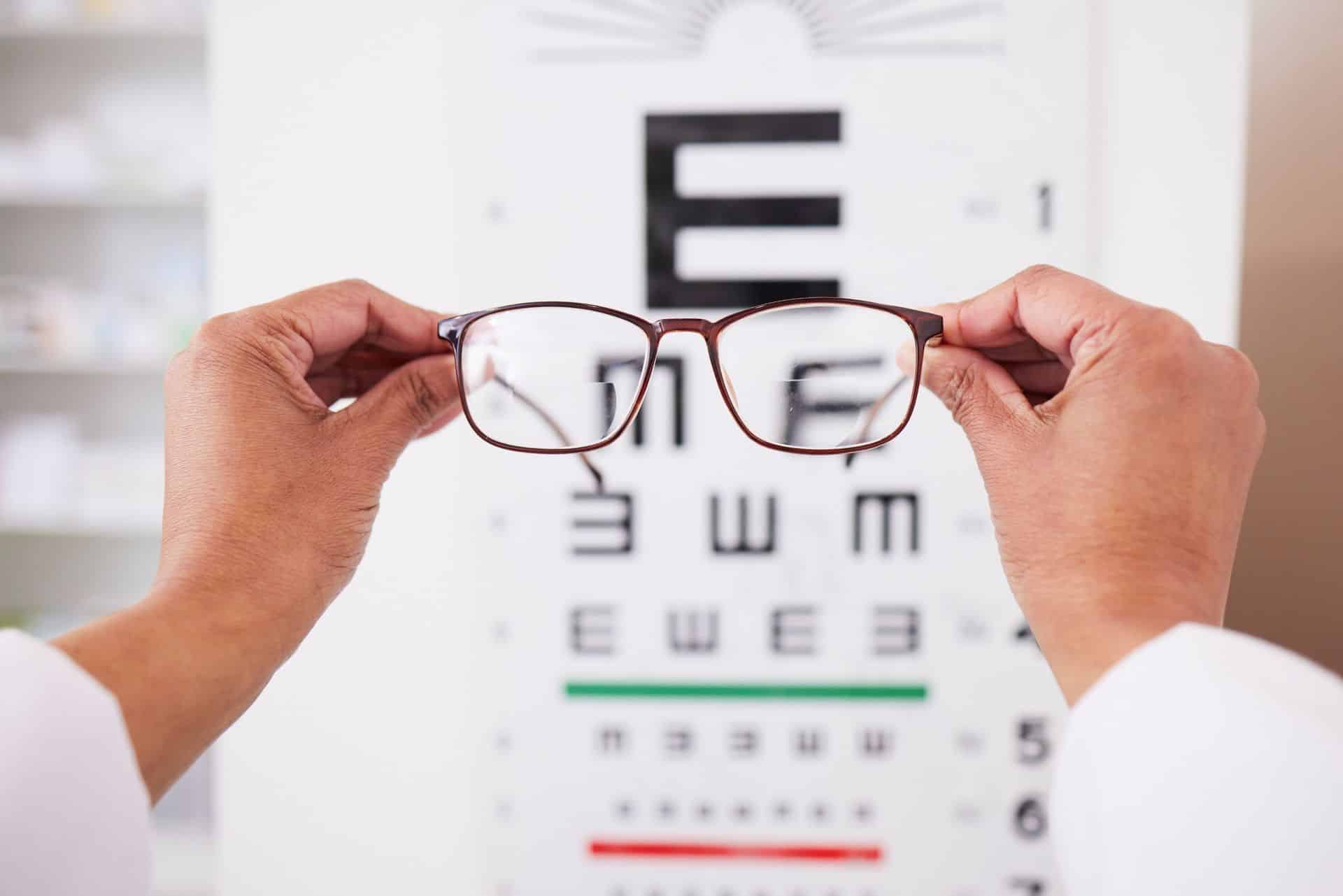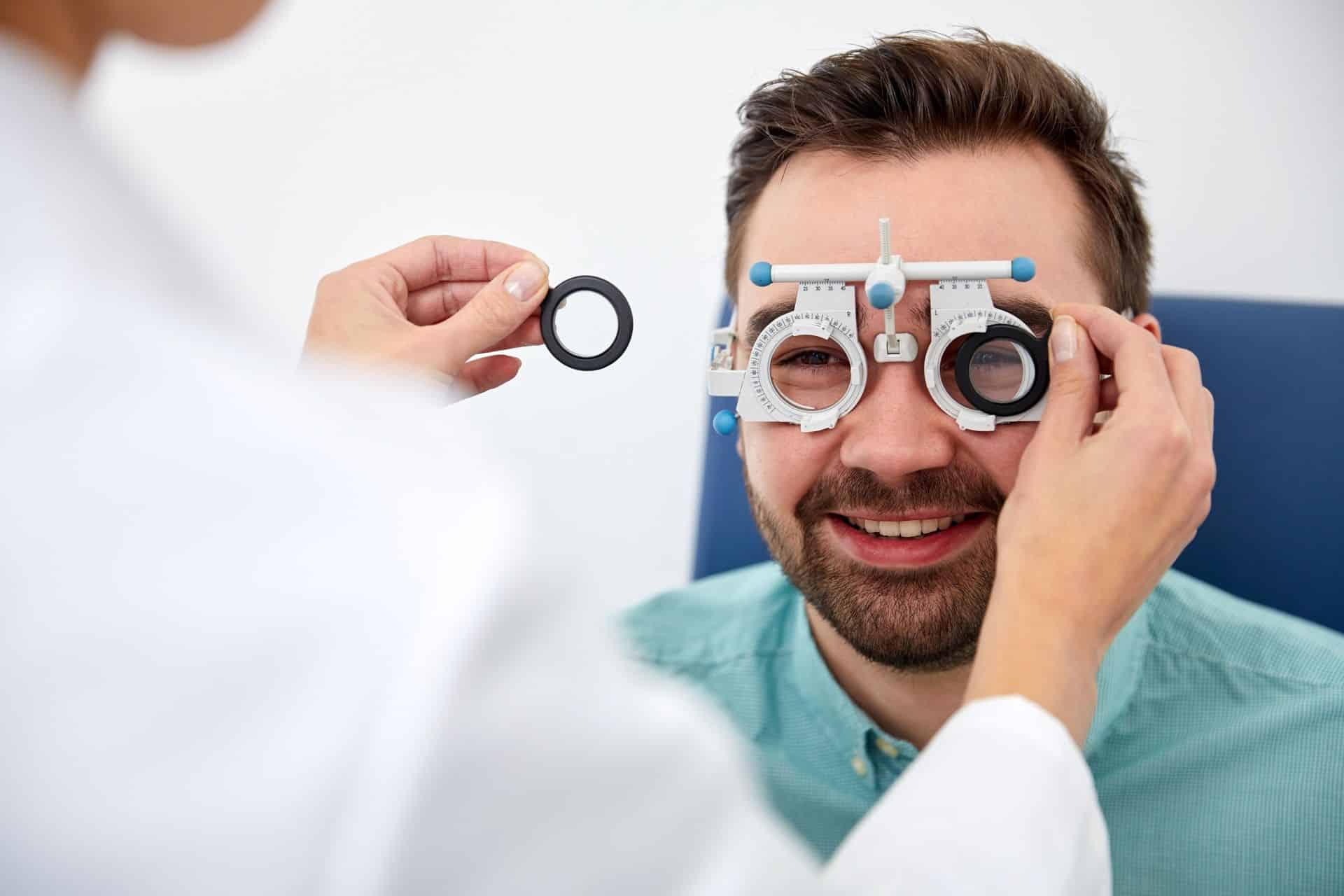The eyes are two of the most precious organs in the human body, but they’re also two of the most fragile and vulnerable organs in the body. Things can go wrong in the blink of an eye, especially when eye health isn’t being monitored, assessed, and analyzed regularly by a licensed and experienced ophthalmologist.
Ophthalmologists specialize in the diagnosis, treatment, and prevention of eye and vision problems. They not only monitor a patient’s eye health over the short- and long-term, but they identify areas of concern and determine the root cause of the issue so they can safely and effectively minimize damage to the eye.
With that said, eye doctors can’t force you to schedule an appointment, and patients need to be honest with themselves when an appointment is necessary. Of course, that means having a basic understanding of the many different warning signs of eye and vision problems – including eye disease, infection, and injury.
Are Your Eyes Irritated?
Irritated eyes are one of the most tell-tale signs that it’s time to schedule an appointment with your eye doctor. Eye irritation can be broken down into a number of other warning signs – each of which could result in a different diagnosis or treatment plan, so make sure you’re honest when talking to your doctor.
Let’s take a look at some of the warning signs of irritated eyes:
- Foreign Object – debris, chemicals, dirt, and other foreign objects can scratch the eye if not properly removed.
- Eye Pain – occasional eye pain is nothing to worry about, but prolonged or severe eye pain should be addressed with an eye doctor.
- Eye Fatigue – also known as eye strain, this occurs when the eyes are over-worked or receive too much screen exposure.
- Eye Infection – the eyes can become infected (such as conjunctivitis) if exposed to harmful bacteria, viruses, and/or fungi.
- Dry, Itchy, and Red Eyes – occasional dry, itchy, and red eyes are normal, but you should visit a doctor if it’s prolonged or excessive.
- Allergies –
the eyes can become irritated when exposed to certain allergens, but this only calls for a doctor’s visit if the allergies worsen beyond at-home treatment. - Headaches –
believe it or not, frequent headaches could be caused by eye strain due to changes in your vision.
Treatment for eye irritation can be as easy as taking eye drops regularly and applying warm compresses to the eye, but it can also require more serious and invasive treatment measures – such as eye surgery. Don’t worry, your local ophthalmologist will help you determine the best course of action moving forward.

Are You Experiencing Vision Changes?
Vision changes are another tell-tale sign that it’s time to schedule an appointment with your eye doctor. There are a number of reasons why your vision might change and a variety of signs that could point to the underlying problem, but your doctor will need to perform an
eye exam before getting to the bottom of it.
Here are some of the most prominent warning signs of vision changes:
- Blurry Vision – sudden blurry vision is one of the most common symptoms of vision changes and occurs when the eyes struggle to focus properly.
- Light Sensitivity – also known as photophobia, this occurs when the eyes are sensitive to light and is characterized by discomfort in the eyes.
- Flashes and Floaters – you should visit the doctor if you experience black spots in your visual field (floaters) or notice sudden flashes of light (like a camera’s flash, but with no camera).
- Double Vision – also known as diplopia, this occurs when patients are seeing double (similar to being drunk, but without the consumption of alcohol).
- Halos and Glares – seeing halos around lights or frequent glaring in your visual field can be a symptom of astigmatism or presbyopia.
- Poor Night Vision –
having a hard time seeing in the dark (especially when driving in the dark) or in low-lit environments is a good reason to schedule an eye appointment. - Poor Near or Distant Vision – visit your doctor if you’re struggling to see distant objects, close-up objects, or experience any form of vision loss.
Treatment for changes to a patient’s vision can be as easy as wearing glasses or contact lenses, but it can also require eye surgery if the symptoms are having a negative impact on the patient’s day-to-day life. Don’t worry, your ophthalmologist will put together a treatment plan designed to meet your needs.

How Often Should You Visit the Eye Doctor?
How often you should schedule an appointment with your eye doctor will largely depend on a number of factors – including your age, any medical conditions you’re currently dealing with, your family’s medical history, and much more. At the end of the day, you should follow the direct advice of your eye doctor.
Most adults should
visit the eye doctor once every two years – though you might be asked to visit more frequently in some cases. Annual eye exams are what most eye doctors recommend because it gives them an opportunity to closely monitor their eye health and ensure problems are addressed right away.
With that said, you should never hesitate to schedule an eye appointment if you’re experiencing any of the warning signs and symptoms listed above. It’s easy to write those symptoms off, but avoiding a trip to the eye doctor could make the issue worse. Do yourself a favor and invest in your long-term eye health!
Schedule Your Next Eye Exam With Milwaukee Eye Surgeons!
Are your eyes irritated or causing you discomfort? Have you noticed any changes to your eyesight or vision recently? Has it been more than two years since you last visited an ophthalmologist? If you answered ‘yes’ to any of the questions above, then don’t hesitate to contact Milwaukee Eye Surgeons.
When you schedule an appointment with Dr. Kenneth Weinlander, you can rest assured knowing that you’re receiving the best possible eye care Milwaukee has to offer. Our team at Milwaukee Eye Surgeons can’t wait to help you take better control of your eye health – that way, you can live a happy and healthy life!
